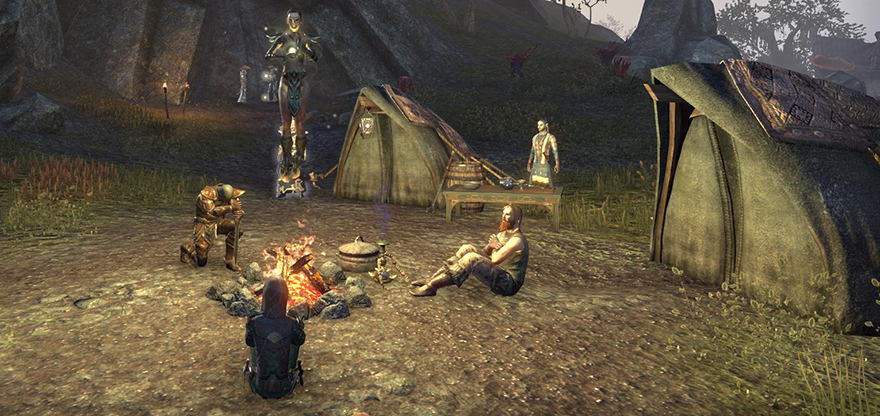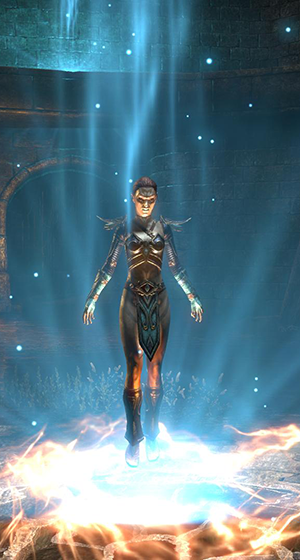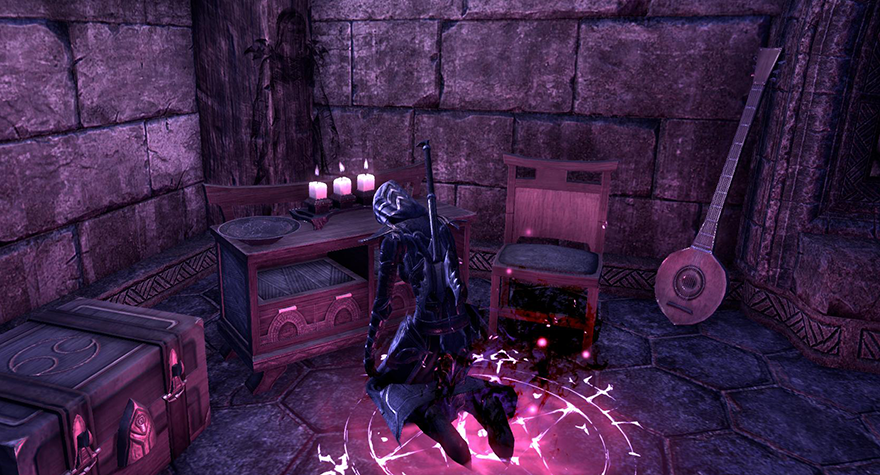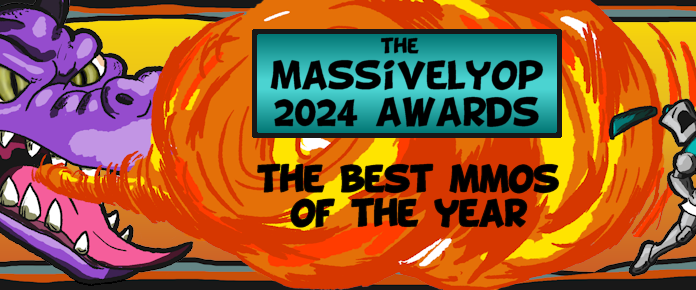
Ruling directly over these two provinces is the god Almalexia. When you land in Stonefalls, there are a couple of quests where you speak to vestiges of Vivec, Sotha Sil, and Almalexia, but during the questline that starts in Mournhold, you can actually speak to Almalexia herself in person.
This got me thinking about what exactly makes a “god” in Elder Scrolls. It’s widely accepted that the Aedra like Akatosh and Mara are gods because they were instrumental in the creation of the nirn, and historically, the Dunmer worshiped Daedric Princes like Azura, even though most of them worship the Tribunal now. But what makes the Tribunal (Vivec, Almalexia, and Sotha Sil) gods? What makes someone a god of Nirn in the first place?

The immortality question
I guess the first qualification for being a god in Tamriel is living forever, or at least, seeming to live forever. All gods that we know of cannot die naturally. If you take Daedra as an example, they can be killed. However, their souls return to Oblivion until they can recharge and invade Tamriel again. Old gods, like Sithis, seem impossible to kill. However, the Aedra Lorkhan gave his life for Nirn. So maybe even the old gods can die. But since the Tribunal gained their power from Lorkhan, perhaps that means that if a god dies, his or her power continues to live on?
Although Talos hasn’t been born yet during the time of ESO, we know thanks to Skyrim that Tiber Septim ends up ascending to godhood, becoming one of the Aedra. He happens to have earned his godhood by doing good. (Relative good based on perspective, anyway. Let’s just say that he did good in the eyes of the other Divines.)
The Tribunal, on the other hand, weren’t exactly upstanding citizens in the eyes of the Dunmer (Chimer) gods. According to the Ashlanders, the Tribunal ignored the request of the Chimer god Azura and used the heart of Lorkhan to grant themselves godhood. Of course, the Tribunal paint a slightly different picture. They would never say that they stole the power of Lorkhan, but who am I to argue with a god?
 Power of creation
Power of creation
What constitutes creation? If it is the ability to create life, then Dwemer could be considered gods because of the golems and other constructs that seem to have a life of their own. However, the creative power of a god should be more than building something with stone and metal, perhaps sentience is a qualification for a god’s creation.
The Aedra, as I mentioned, were directly responsible for the creation of Nirn, the planet that Tamriel sits on. Most Aedra do not interact with the mortal plane any longer, but originally, they used their godhood to form the entire existence of men, mer, and the other creatures that roam Tamriel. There is no question that these beings are gods.
Although most Daedra seem to despise the creatures of Nirn, some of them are benevolent: Azura, Boethiah, and Mephala, for example, the primary gods of the Chimer. Although it appears that their creation power on Nirn was limited, they can create their own worlds in Oblivion, including sentient life, it seems. This life could then be transported to Nirn.
(I should mention that benevolence isn’t a requirement for godhood. Sithis is hardly benevolent, but the Dark Brotherhood has no trouble worshiping him.)
If the creation of life is a requirement, then Morrowind’s Tribunal has failed. The only thing that the Tribunal has really been able to do is destroy life. Looking through the history of the three Chimer-turned-gods, the closest to creating life is Sotha Sil, and his creations were built on Dwemer technology, not really supernatural power.

Other factors?
We could say that gods should be omniscient, but it’s clear that no god but perhaps one of the old gods even came close to achieving that. Daedra like to appear omniscient sometimes, but it’s clear that they don’t even see everything that’s going on in their own realm, let alone Nirn. That’s evident by our trips to Molag Bal’s realm of Coldharbour.
In the questline for Almalexia, it’s clear that there are many things hidden from her. And if you call her on it, she becomes less than happy about hearing it. I believe the phrase she uses is, “How dare you question a god,” which seems to be a point of contention for her, in general. I would think that a god who could create or uncreate you at will would have little concern for what a random adventurer would have to say about her divinity.
What really makes a god in the Elder Scrolls universe appears to be extremely flexible. You don’t need to be immortal given that Lorkhan, the Tribunal, and others have actually died. And if creation is a qualification, then maybe Talos shouldn’t be a god. And to be fair to the creators of Elder Scrolls, each race and nation has its own version of truth and which gods are worthy of worship.
Personally, I believe that the story of the Tribunal is the lie that holds a nation together. If they were to reveal everything about how they became who they are, then Morrowind would fall apart. The truth is that they are not really gods, but their people can’t know that. It would make the nation of Morrowind weaker and susceptible to attack. It would also reveal the horrible truth of how the Tribunal was created.
What are your thoughts? Are the Tribunal gods? Let me know what you think in the comments, and also, answer this question: Why do Almalexia’s feet never touch the ground? Is that the qualification for divinity?
 Traverse the troubled land of Tamriel in the Elder Scrolls Online. Larry Everett will be your guide here in Tamriel Infinium every other week as you explore together the land created by ZeniMax and Bethesda. If you have any burning questions, send them his way via email or via Twitter.
Traverse the troubled land of Tamriel in the Elder Scrolls Online. Larry Everett will be your guide here in Tamriel Infinium every other week as you explore together the land created by ZeniMax and Bethesda. If you have any burning questions, send them his way via email or via Twitter.













